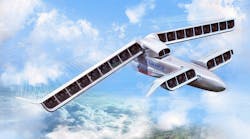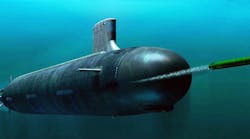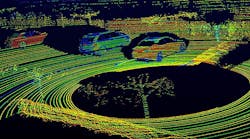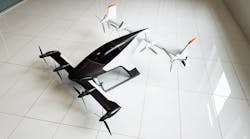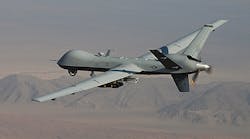The Boeing Co. completed the acquisition of Aurora Flight Sciences it announced early last month, giving it an in-house source of autonomous flight technologies for civilian and military applications. As a subsidiary of Boeing Engineering, Test & Technology, it will operate as Aurora Flight Sciences and retain an independent operating model, but with access to Boeing's resources like research, testing, purchasing, etc.
"The combined strength and innovation of our teams will advance the development of autonomy for our commercial and military systems," stated CTO and SVP Greg Hyslop of Boeing Engineering. "Together, these talented teams will open new markets with transformational technologies."
As described by Boeing, Aurora has developed and flown over 30 “unmanned air vehicles” since 1989, when it was established. It is described as a leader in electric propulsion for aircraft, and it has collaborated with Boeing on rapid prototyping of aircraft and structural assemblies for both military and commercial applications.
"Since its inception, Aurora has been focused on the development of innovative aircraft that leverage autonomy to make aircraft smarter," according to John Langford, Aurora CEO and "As an integral part of Boeing, our pioneered technologies of long-endurance aircraft, robotic co-pilots, and autonomous electric VTOLs will be transitioned into world-class products for the global infrastructure."
The terms of the transaction were not revealed. Boeing announced its intent to purchase Aurora in early October, pending U.S. government approval. Aurora over 550 employees, with R&D centers in Cambridge, Mass. and Luzern, Switzerland, and manufacturing in Bridgeport, W.Va. and Columbus, Miss.
